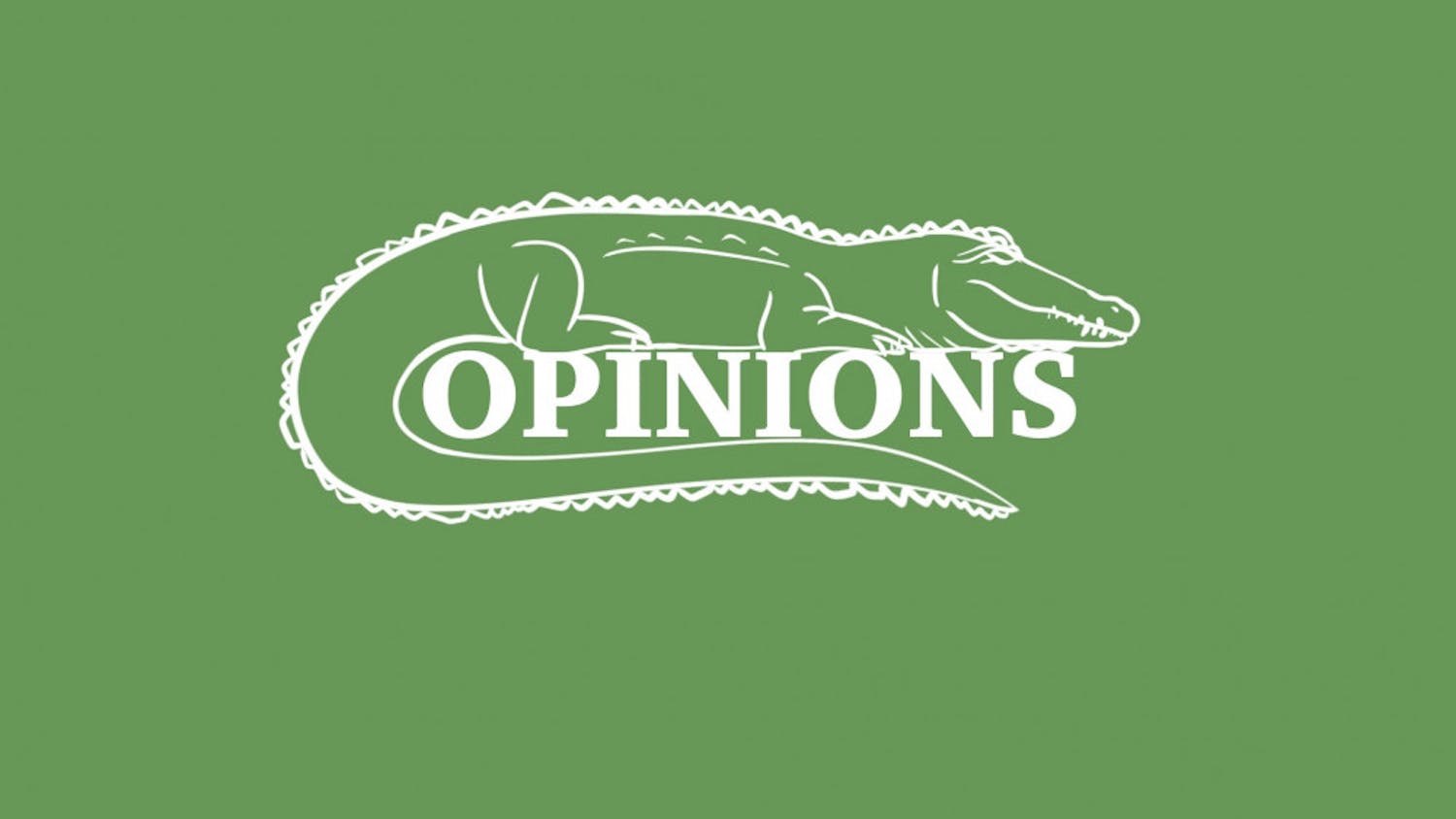Last Thursday's top story, "Faculty search raises questions" concerned the inability of the College of Journalism and Communications to even interview a professional journalist with 25 years of experience at The New York Times for a very hands-on and professional opening within the college for next year.
The reason: He does not have an advanced degree.
This position is not a regular tenure-track professorship where the expectations are for a Ph.D and the ability to conduct "scholarly research." The job title is Executive Producer/Managing Editor 21st Century News Lab. How many executive producers in television news or managing editors of newspapers have advanced degrees?
The reason why the college cannot even interview this person is because Provost Joe Glover would not waive the requirement that faculty must have advanced degrees. Yet later he says, "in some fields, professional experience is equally important." If there ever was a position where professional experience is more than equally important, this is it.
The great irony in this story is that the "father" of this college did not have an advanced degree; in fact, he had no college degree. But he came from New York with a huge amount of professional experience.
When the decision was made in the late 1940s to consulate journalism education in Florida at UF, the newspaper editors in the state pressed for a person with hands-on experience to build a top professional program to train journalists.
Rae O. Weimer became the director of the new School of Journalism in 1949. A top professional program resulted in the college's WRUF being the radio news leader in Gainesville, WUFT producing the area's first local television news program, the old Florida Alligator being staffed entirely by journalism majors and even The Gainesville Sun being produced by print majors two days a week. Every person Rae Weimer hired had professional experience, or they were not even interviewed.
Because of that standard, the College of Journalism and Communications became the highest nationally ranked college within its field of any UF college. And it still is.
Critics may argue that 1949 was a long time ago, and UF's national reputation has gone from a sleepy Southern state school to a highly regarded major university.
I was hired as an "interim instructor" by Weimer in the spring of 1968. As far as I can tell, I am the only person left teaching in the college who was hired by him. It is now 2010, and 42 years later I am still teaching basic reporting the way Rae Weimer wanted it taught. Maybe 1949 isn't that far back.
The need for professionally trained journalists is the same now. Journalism is not a profession, but it certainly is not a "trade" as one ill-informed journalism major said. Journalism schools stopped being trade schools sometime in the 1960s.
Students in this college need courses taught by people with strong experience in the field. Having an advanced degree in, say, English or sociology does nothing to improve the learning experience UF can provide.
It is wonderful that the leaders of UF today push to make this great university a true national leader. But doing so by a set formula instead of using common sense makes no sense.
Jon Roosenraad is Professor Emeritus in the department of journalism at the College of Journalism and Communications.





